The CMP Review — Week of September 30
September 30, 2024
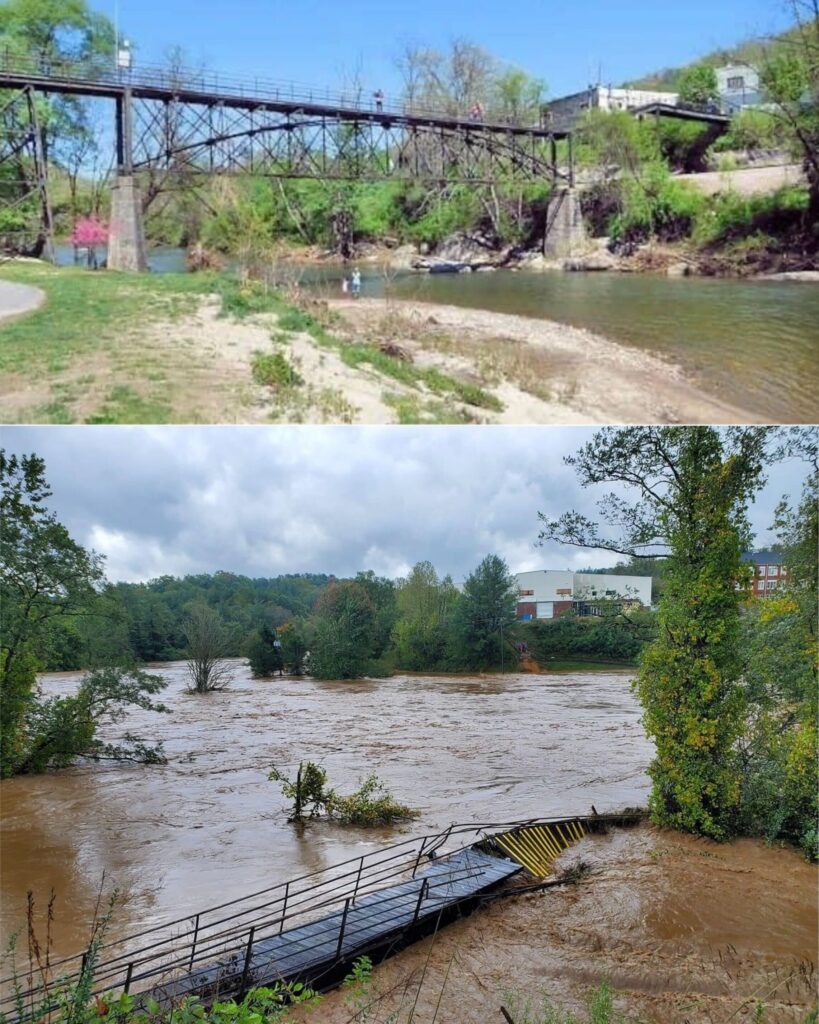
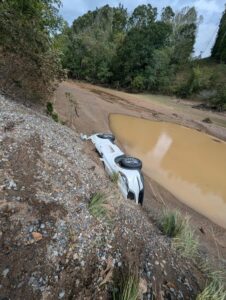
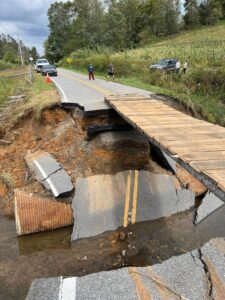
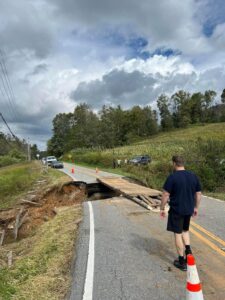
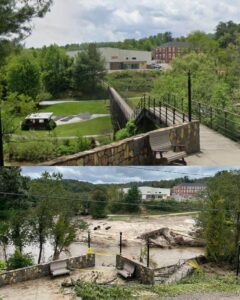
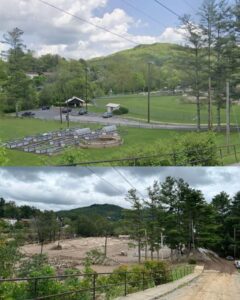
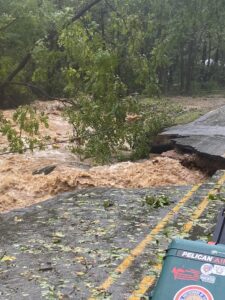
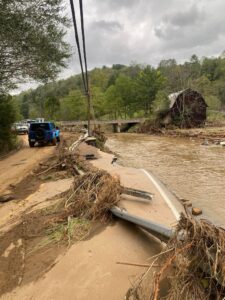
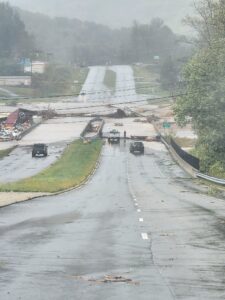
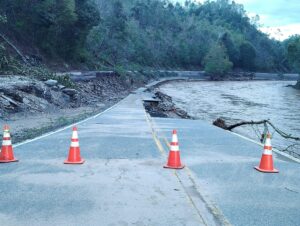
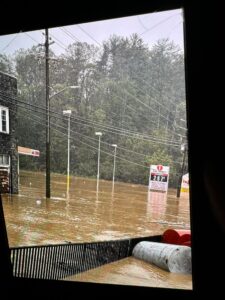
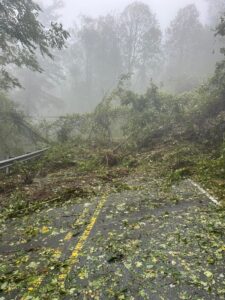
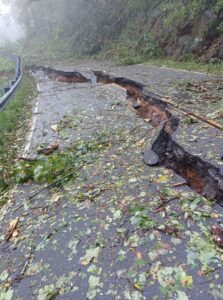
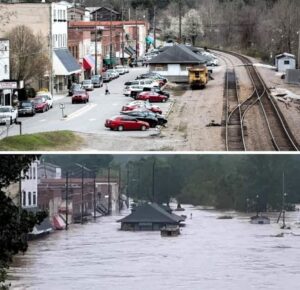
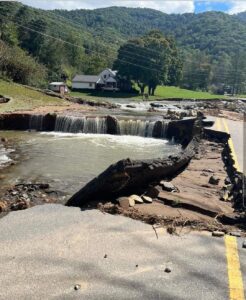
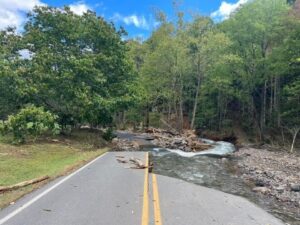
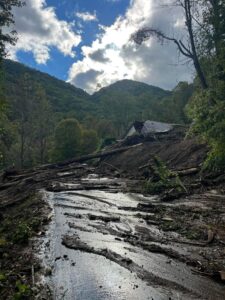
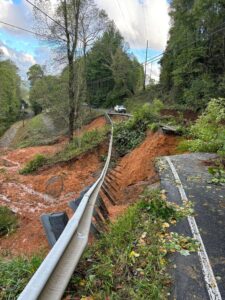
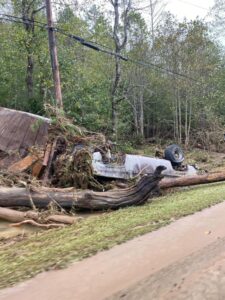
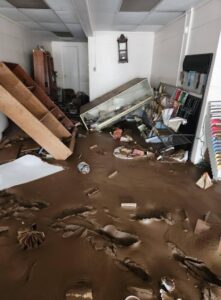
The past four days have been an emotional roller coaster, filled with anxiety and sadness as Hurricane Helene ravaged my hometown, where most of my family still lives. While we felt the storm in southern Georgia with heavy rain and temporary power loss, we escaped any serious damage. But as the storm gained strength in western North Carolina, I was in touch with family there, and things quickly grew worrisome. Soon after, all contact was cut off—power and phone lines went down, and for the next day and a half, I was unable to reach anyone. When I finally heard my mother’s voice, the overwhelming relief brought us both to tears. She confirmed she and everyone in her household were safe. She had also connected with my sister, who was safe too. “It’s bad, really bad, but we’re okay. We’re safe,” she said. As time went on, I got brief messages from other family members, all safe as well. That sense of not knowing, of wondering if the people you love and grew up with are alright, is an agonizing experience. My thoughts and prayers are with those who are still missing or unaccounted for.
My heart is heavy for Mitchell County in western North Carolina. Their water treatment facility sustained damage, which means no running water for the foreseeable future. The river has been tainted with oil and fuel, making the water unsafe for consumption, even if boiled. One of the grocery stores was submerged, and the other is powerless, so both are closed, leaving no food available. The entire downtown area, especially Lower Street, was devastated, wiping out small businesses. With the electricity still out, gas stations remain shut, and people are struggling to find fuel to power generators and clear the wreckage. Many elderly people who rely on oxygen are in danger of running out, and some are trapped in their homes. Landslides have swept away entire homes, and some areas, like Little Switzerland, are completely isolated, with roads leading to them destroyed. The extensive damage means restoring power and communication could take weeks. In the meantime, the community is pulling together to clear debris, find alternate routes, check on neighbors, and share resources.
It’s tough to imagine returning to the normal routines of work and school amidst all this. In A Grief Observed, C. S. Lewis wrote, “We were promised sufferings. They were part of the program… Of course it is different when the thing happens to oneself, not to others, and in reality, not imagination.” And in another of his essays, “How to Live in an Atomic Age,” he wrote:
This is the first point to be made: and the first action to be taken is to pull ourselves together. If we are all going to be destroyed by an atomic bomb, let that bomb when it comes find us doing sensible and human things—praying, working, teaching… They may break our bodies (a microbe can do that) but they need not dominate our minds.
As I reflect on these words, they bring together my attempts to come to terms with the events of the past few days. The mountains of North Carolina have always held a special place in my heart, and my fear is that small towns like Spruce Pine may be overlooked as resources are spread thin. Spruce Pine, which I once mentioned as the source of the pure quartz crystal used in everyone’s phones and computer chips, is now in desperate need. The entire region is struggling, but the destruction in Mitchell County is as severe, if not worse, than what we’re seeing in larger, more well-known areas. Media coverage has been sparse, and the full extent of the damage hasn’t been widely shared. If you’re looking for a way to help, spreading the word about what’s happening in these smaller communities is one place to start. Right now, some of the most pressing needs are clean drinking water, fuel, and if possible, more Starlink services to restore communication. Generators and food are also in short supply as resources dwindle. Any help you can offer would be a lifeline to those struggling to recover.
@tessakeath
October 1, 2024
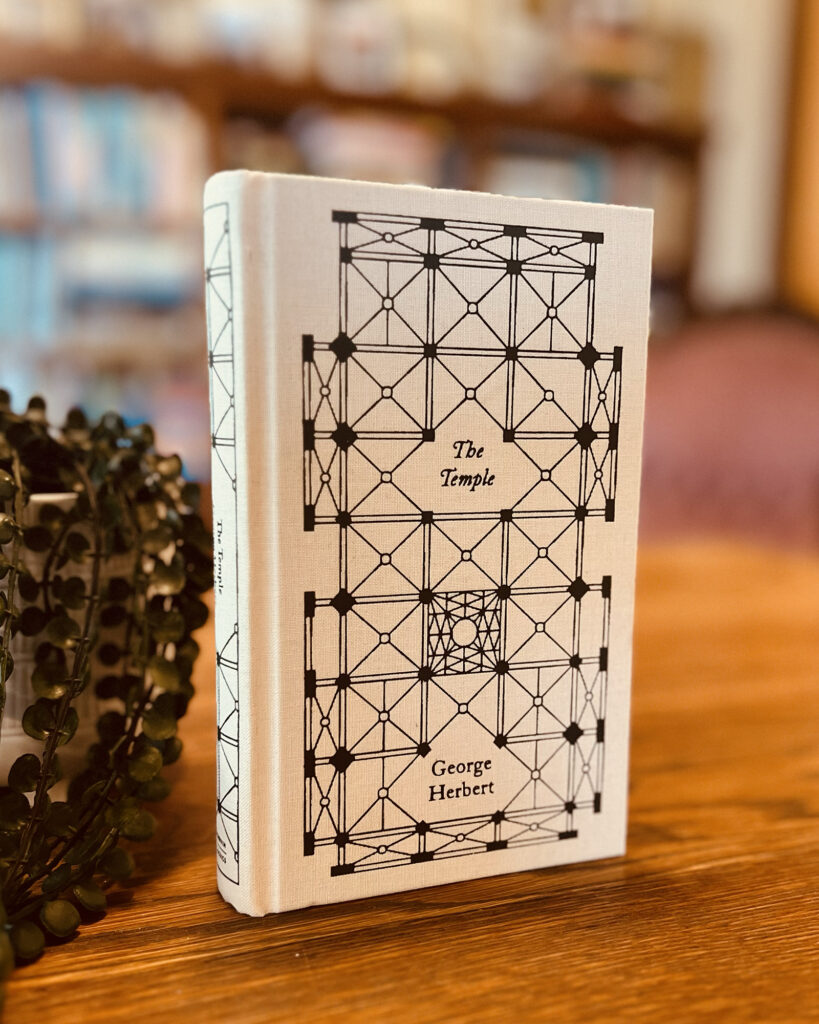
Nancy Kelly opened the 2024 Living Education Retreat in July with her new talk entitled “Speech of the Soul: The Priority of Prayer in a Living Education.” This fascinating and touching presentation shed light on an aspect of Charlotte Mason’s philosophy and method which is rarely discussed.
To paint us a broad picture of Miss Mason’s thoughts on prayer, Nancy drew on many sources, including the books Mason assigned in the programmes. She specifically focused on the books assigned for Sunday reading, which often touched on devotional or spiritual themes such as prayer.
As an outgrowth of that research, Nancy has produced a separate article which talks specifically about those books. Not limiting herself to the subject of prayer, she has instead examined the book lists and how they were assigned to identify patterns and insights for us.
How could living books further our growth in the supreme relation, our relationship with God? The fullness of Charlotte Mason’s answer is not found only on weekdays. Take a close look at Sundays with Nancy Kelly of Sage Parnassus. Find her compelling and insightful article here.
@artmiddlekauff
October 2, 2024
While still reeling from the ongoing devastation caused by Hurricane Helene, it’s heartening to see the images of rainbows posted by people in Western North Carolina and East Tennessee, two areas seriously hit. Here’s my recent view of the symbol of God’s promise from Kingsport, TN in hopes it offers encouragement.
@rbaburina
October 3, 2024
In music appreciation lessons, the primary focus must be the music. Our goal is not to learn as much as possible about any particular composer or composition, but to learn the language of music itself. As Charlotte Mason explains, “these messages of the musicians cannot be put into words, so there is no way of hearing them if we do not train our ear to listen.”
There is always the question, though, of reading words about the music. Should we read little books or big books about the composer or about the compositions? Should we find living books or will reference books suffice? I recall enjoying books by Opal Wheeler and Susanna Reich over the years. But what did the PNEU read before these books were printed?
When I read the 1922 PNEU music programme for Edvard Grieg, I was surprised to find the “set book” for the term was from Bell’s Miniature Series of Musicians. This series included many little books about many different composers, but as far as I can tell, only the book about Grieg was assigned in the PNEU.
The book does not just cover the composer’s life. When Cedric Glover sets out the music programme, he says of the Peer Gynt Suite, “This is the most widely known work of the composer. A very good analysis of it will be found on page 68 of the set book, to which the student is referred.” Words about music to enhance the appreciation.
I decided to track down the book which is shown in the video. Glover’s music programme may also be found here. Writing in 1922, he muses, “Of Grieg’s immortality it is perhaps too early to prophesy.” A century later, it is no longer too early. Just listen.
@artmiddlekauff
October 4, 2024

Serafina was gifted a thrifted pair of white slip-on shoes. So she figured this was the perfect opportunity to create this!
It’s quite amazing what she can do with any type of blank canvas, a set of acrylic markers, a Beatrix Potter book, and her creativity!
Has your family tried out acrylic markers yet? I did not know they were even a thing until she came home telling me about her friend’s set. She uses them all the time on many different things. There’s seemingly no limit.
@antonella.f.greco
October 5, 2024
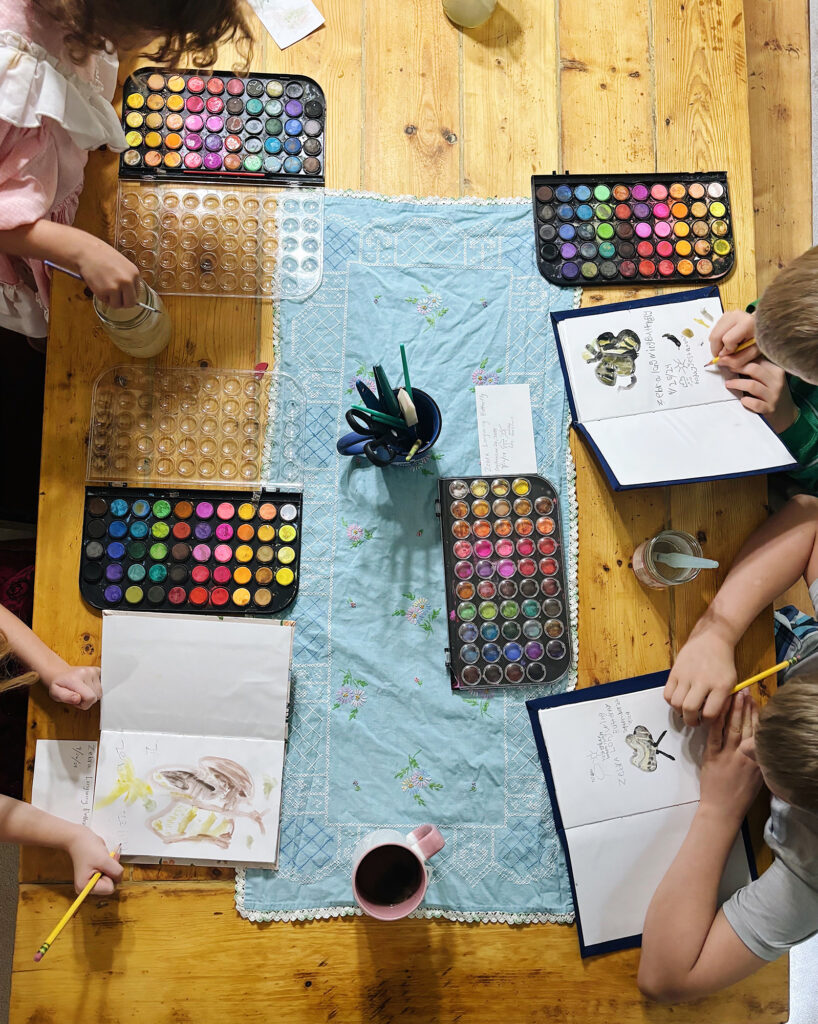
“Text-books teach facts, but the art of living is learnt by watching the lives of others. In these days of trouble and uncertainty, the Life of Christ set forth in all its beauty and in all its radiance, is surely the finest Guide that we can have. We need have no fear if we launch our children into the world relying on this Pilot.” (Leaf, PR53, “Education is a Life”)
@tessakeath
October 6, 2024
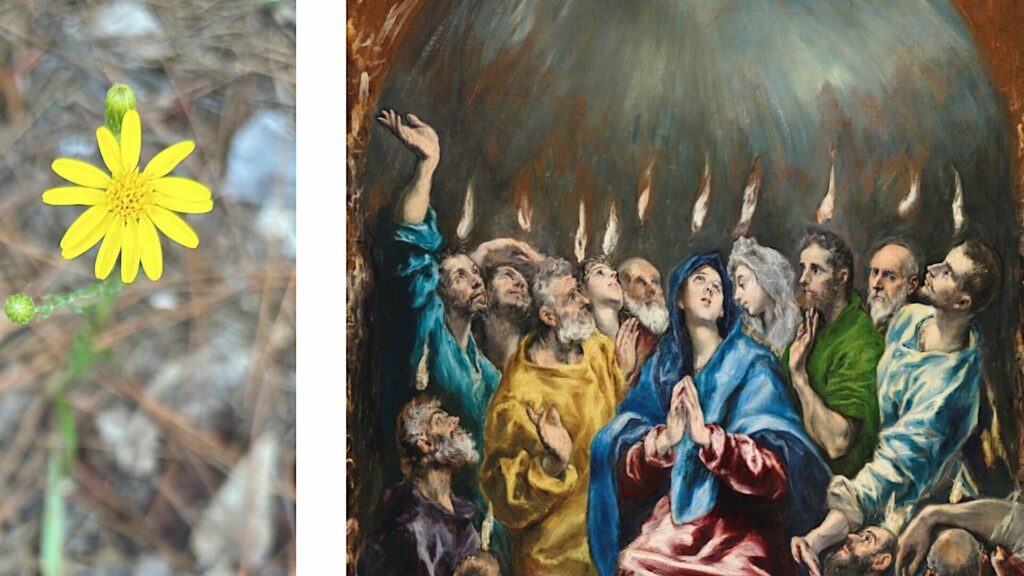
When Jesus teaches about prayer, he asks us to think about our children: “And of which of you that is a father shall his son ask a loaf, and he give him a stone? or a fish, and he for a fish give him a serpent? Or if he shall ask an egg, will he give him a scorpion?”
Even as we are thinking about loaves, and fishes, and eggs, we read in the Gospel of Luke the surprising final sentence: “If ye then, being evil, know how to give good gifts unto your children, how much more shall your heavenly Father give the Holy Spirit to them that ask him?”
The Navarre Bible puts this into perspective: “The Holy Spirit is God’s best gift to us, the great promise Christ gives his disciples (cf. Jn 5:26), the divine fire which descends on the apostles at Pentecost, filling them with fortitude and freedom to proclaim Christ’s message (cf. Acts 2).”
And so St. Josemaría Escrivá proclaims, “Jesus has kept his promise. He has risen from the dead and, in union with the eternal Father, he sends us the Holy Spirit to sanctify us and to give us life.”
Charlotte Mason recognized the significance of this gift. In her poetic commentary on this passage from Luke she writes, “No good thing that a man requires but comes with Pentecostal fires.” Read or listen to Mason’s spiritual poem here.
@artmiddlekauff